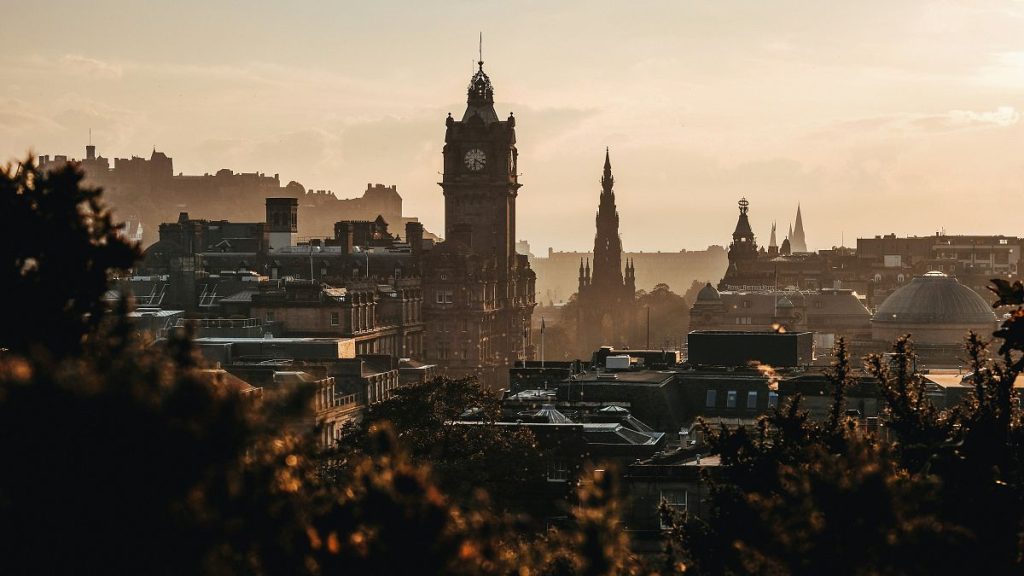Edinburgh is set to become the first city in Scotland to introduce a tourist tax, with the local council approving a proposal called the ‘Transient Visitor Levy’ to be introduced in 2026. The fee, which will be capped at seven consecutive days, is expected to raise up to £50 million a year to be used for improvements to the city. The tax of five per cent per room per night will apply to guests at hotels, B&Bs, hostels, and holiday rentals, including Airbnbs. The funds from the tax will be invested in infrastructure, affordable housing, destination management, and culture, heritage, and events, with 35 per cent being earmarked for the arts sector. A public consultation period will take place to gather residents’ opinions on the levy.
The introduction of the tourist tax in Edinburgh has raised concerns among tourism operators who fear that it may make the city a less competitive holiday destination and deter visitors. There are worries about the future total price point for customers and the potential impact on future bookings, especially from domestic visitors. However, the council leader believes that the tax won’t put off visitors, stating that if someone can afford to spend money on a hotel room, they can afford a few extra pounds to support the city. The fee will bring Edinburgh in line with other popular tourist destinations in Europe, such as Amsterdam and Berlin, which have already implemented tourist taxes.
The Highland Council in the Scottish Highlands is also considering implementing a tourist tax under the new powers granted by the Scottish government. The region receives over six million tourists a year, including daytrippers and cruise passengers, and authorities believe that a tourist tax could raise as much as £10 million a year to improve local infrastructure. A three-month consultation period with residents will be initiated to gather opinions on the proposed levy, which would be a percentage of the accommodation cost per night. This move follows the Scottish Parliament’s passing of a bill allowing local authorities to introduce visitor taxes.
Edinburgh’s decision to introduce a tourist tax comes after the Scottish Parliament granted powers to local authorities to implement visitor charges. The fee, which will come into force in 2026, is expected to raise up to £50 million annually for the Scottish capital. Some concerns have been raised by tourism operators about the potential impact of the tax on visitor numbers, but city officials believe that the funds raised will be beneficial for the city’s development. The tax will be a percentage of the accommodation cost per night and will apply to guests at a range of lodging establishments, including hotels, B&Bs, hostels, and holiday rentals.
The Scottish Government’s decision to give local authorities the power to introduce tourist taxes has led Edinburgh to become the first city in Scotland to approve such a levy. The ‘Transient Visitor Levy’ will be applied to guests at hotels, B&Bs, hostels, and holiday rentals, with the fee capped at seven consecutive days. The revenue generated from the tax is expected to be used for infrastructure improvements, affordable housing, destination management, and supporting the arts sector. A public consultation period will be held to gather residents’ opinions on the proposed levy, which will be a percentage of the accommodation cost per night.









